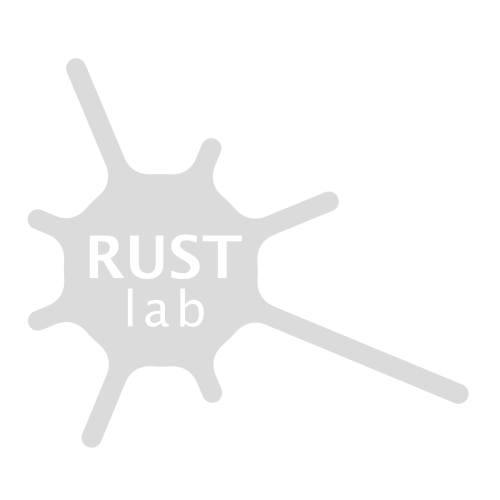On Thursday, the January 7th, we had the privilege to host two leading international figures in neopragmatist research in our RUSTlab Lecture series. Noortje Marres and Tanja Bogusz were invited to a discussion on the role of testing in experimentalist, pragmatist thinking and doing. The speakers offered us an embedding in theoretical discourses based on tangible contemporary issues. The approach showed its strengths here because Noortje and Tanja, considering apparently difficult practical problems, pushed towards a joint realisation of intervention with reflection.
Both presenters have published extensively on the advancement of pragmatist thinking, yet two recent publications were at the heart of the discussion: Marres‘s and Stark‘s (2020) recent paper „Put to the test: For a new sociology of testing“ and Bogusz‘ monograph „Experimentalism and Sociology. From crisis to experience“ (this English version of the 2018 German book „Experimentalismus und Soziologie“ is in press). Both authors have thoroughly reworked Dewey’s Pragmatism and brought it up to date, Noortje particularly by attending to digitalisation and Tanja by spelling out Dewey’s theory in a sociologically coherent way.
Noortje started out by discussing experimentation as a re-distribution of the capacity to articulate what is at stake. A key challenge in this is how to organise situations that enable such articulations. The focus on the organisation of settings of experimentation works as an act of denaturalising, i.e. that the articulation of a concern is not just about opening your mouth and expressing a problem. Socio-material settings must be organised that make the articulation of problems at stake possible. Tanja added to this by emphasising that experiments have the crucial capacity to interrupt routines of action (or habits), which are then channelled by actors via concrete, that is, situated and embodied procedures. She emphasised that more than interrupting routines, experiments furthermore produce knowledge and participation, and suggested a differentiation between three modes of pragmatist research: experience, testing and cooperation.
Both speakers agreed that experimentation is a genuinely democratic-theoretical and indeed practical work. While Tanja emphasised the importance of uncertainty and that experimentation is a competent reaction to uncertainty, Noortje emphasised attention to “at stakeness”. For our own engagements with data and experimentalism we found this discussion particularly fruitful. Like Tanja – or indeed inspired by her work – we have taken a point of departure in data experiments as an instrument to engage with uncertainty. Yet, “at stakeness” invites us to look at rather what is at stake, who defines what is at stake and how to react to it – and thus what is certain and uncertain – is a question that needs attention, which is precisely what Tanja also emphasised during the discussion.
Uncertainties may translate into ecologies of testing and the account for differences. In the open discussion, it became apparent that those assembled were under no illusions about pragmatism’s current role. The approach is not in a hegemonic position. But it nevertheless showed itself to be responsive. This became clear based on the omnipresent Corona crisis. Tanja suggested differentiating between “preparedness” and “prevention”. Especially in Western (or, to be more precise: Berlin) policies, a reactive approach to Covid-19 dominates, and strategic processing of individual problems, or preparation. A higher-level mode of dealing with the virus – preparedness – may be more helpful, i.e. making actors reflect on their recent experiences and everyday experiments with the crisis to collaborate strategically. This was just one example where the power of the approach becomes apparent.
